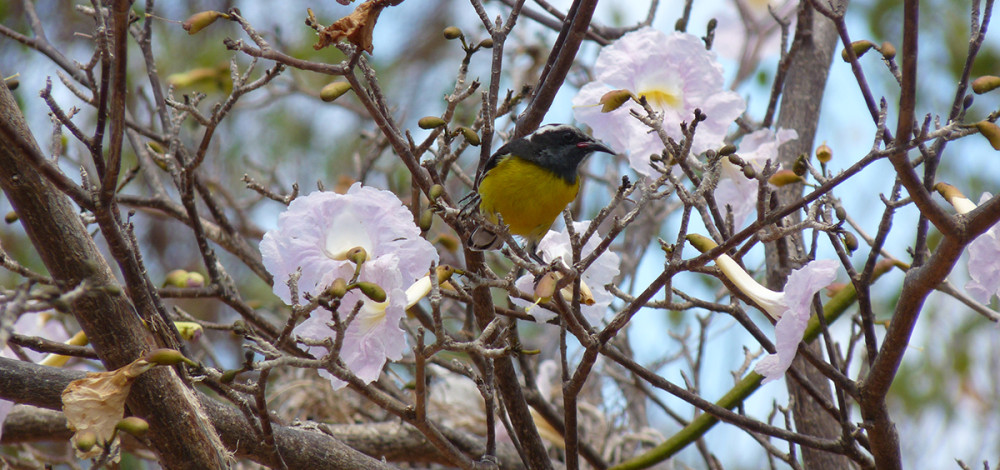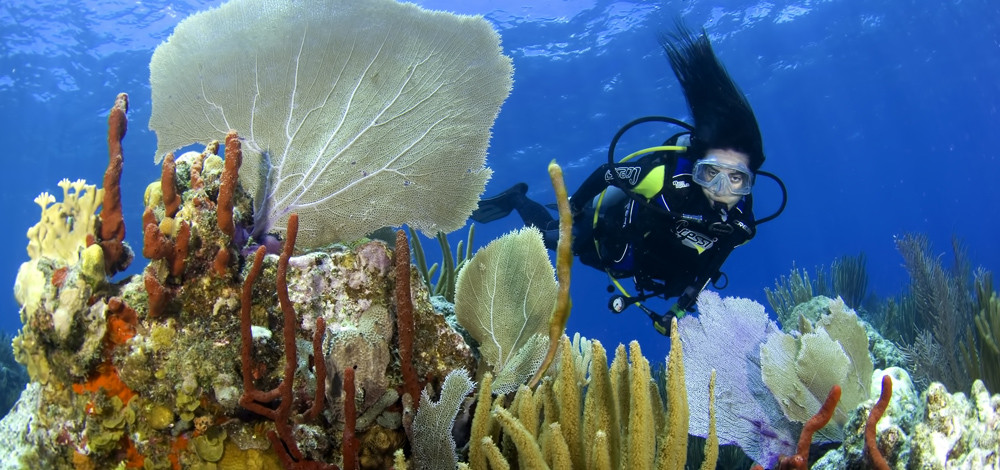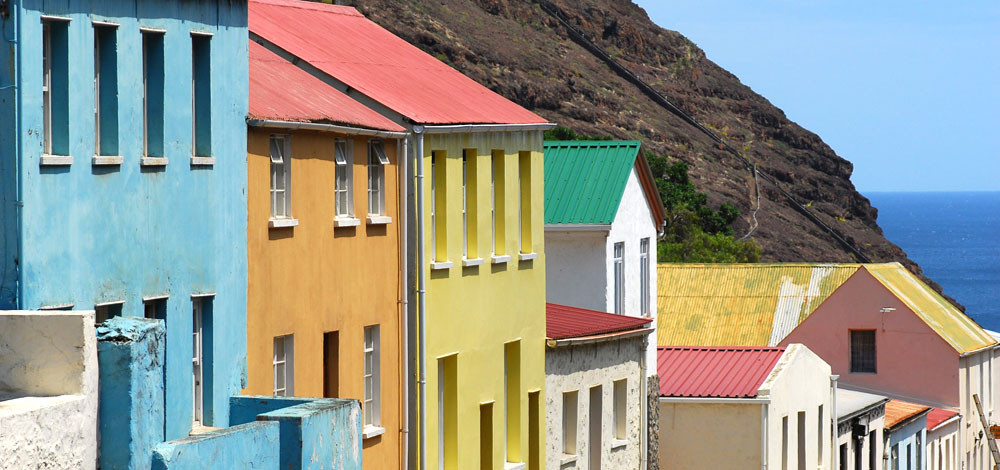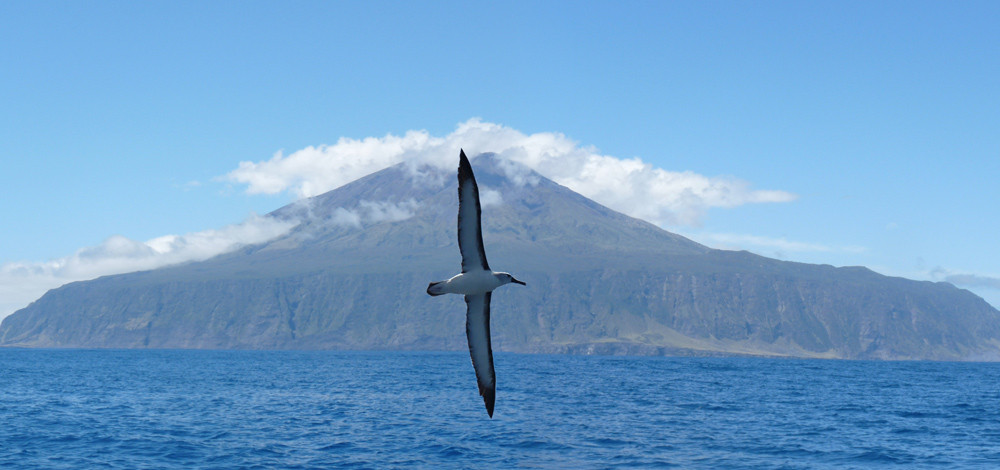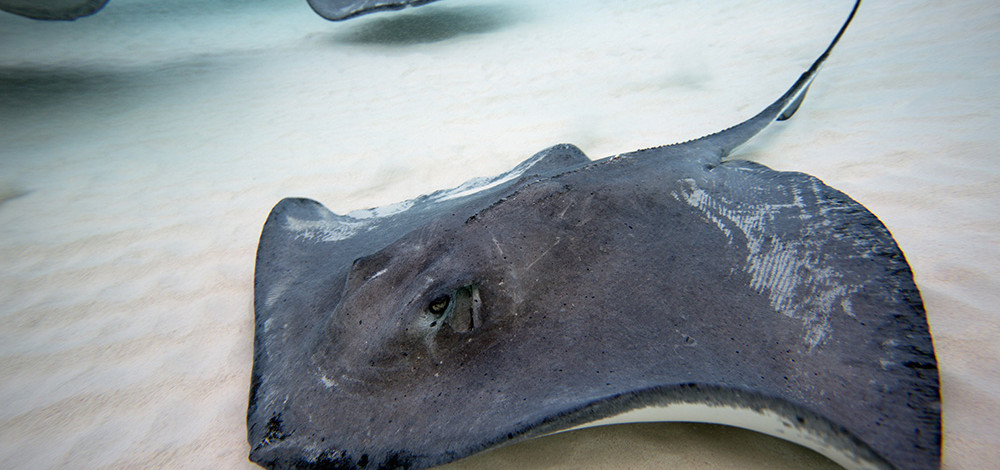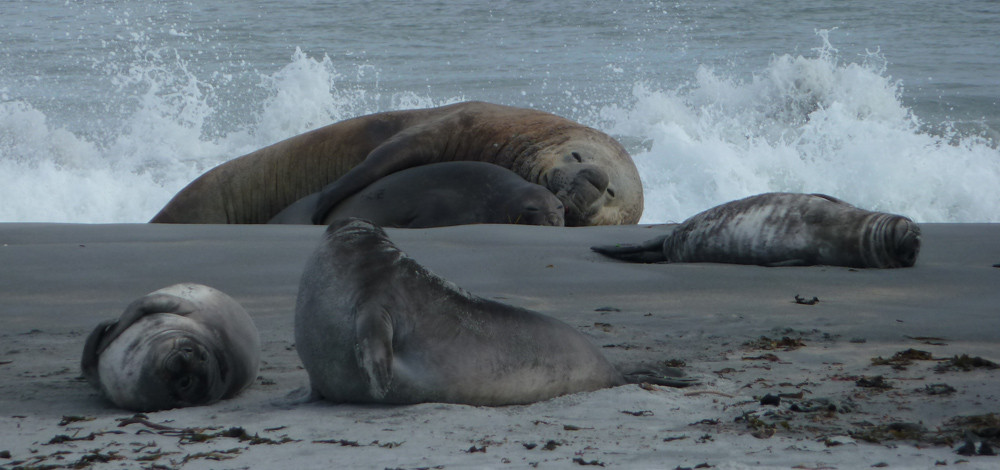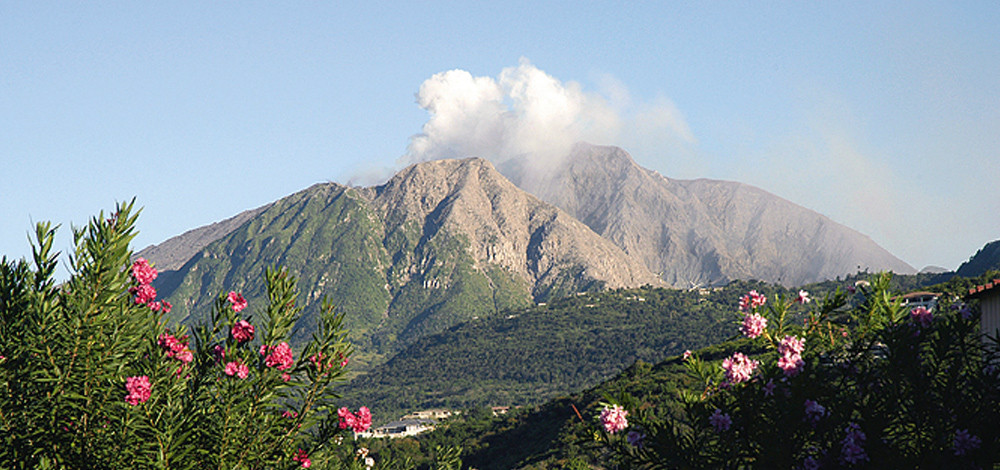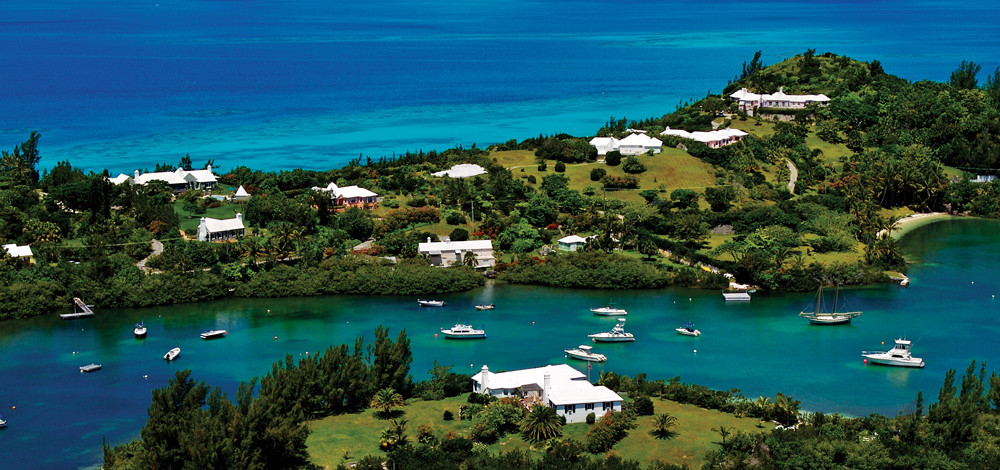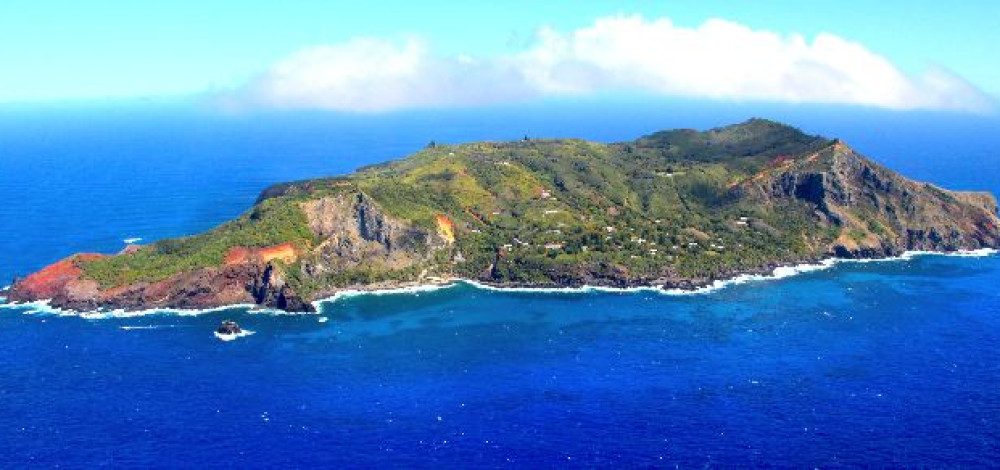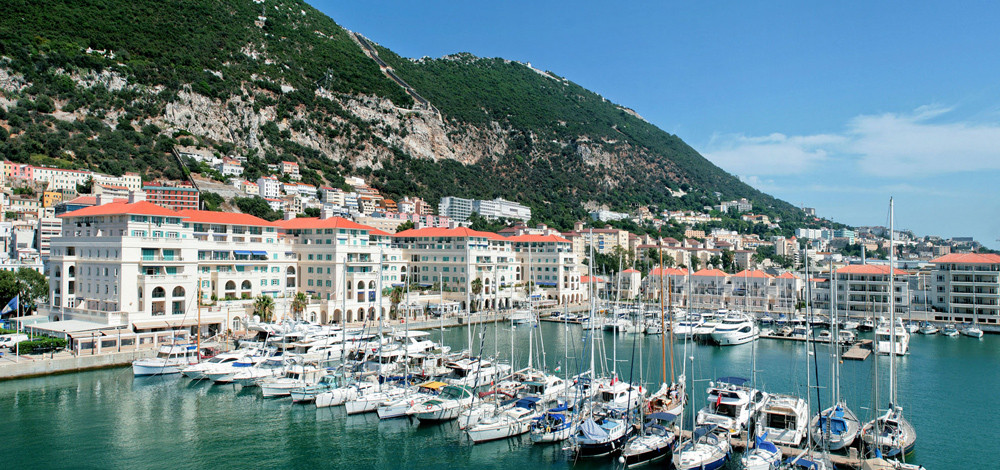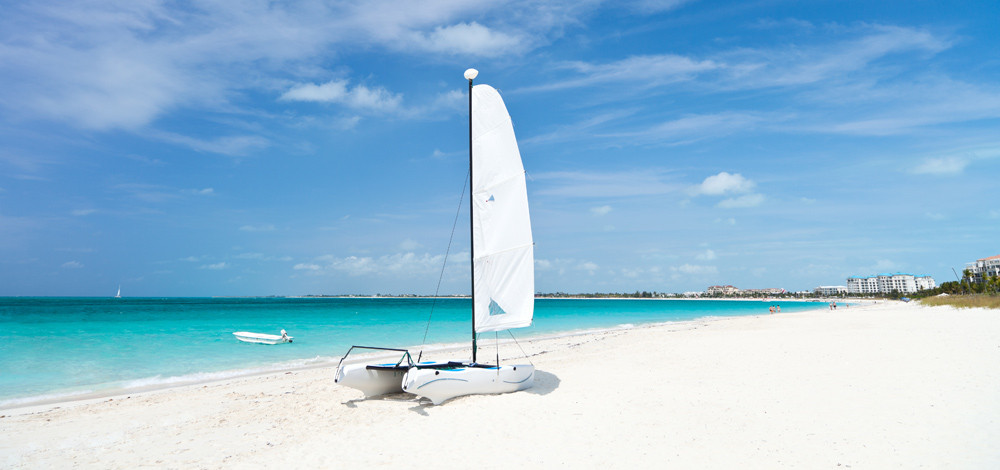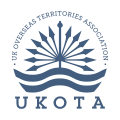Discovering the UK Overseas Territories – People
There are 16 UK Overseas Territories, of which 12 are inhabited. Collectively, the inhabited Territories are home to approximately 290,000 people, ranging from 50 in Pitcairn to 71,105 in the Cayman Islands. Each has its own way of life, dialect, cuisine, music, national dress, and art. The Overseas Territories are increasingly diverse; the Falkland Islands, for example, has a population of 3,662 made up of people from 68 different nationalities. This diversity is also reflected in the population of Gibraltar, who, whilst being proudly British, have a wide range of ethnic backgrounds including Genoese, Maltese, Indian, Moroccan, Spanish and Portuguese.
| Anguilla |
Ascension Island |
Bermuda |
British Virgin Islands |
Cayman Islands |
Falkland Islands |
| 15,370 |
985 |
65,506 |
34,232 |
71,105 |
3,662 |
| Gibraltar |
Montserrat |
Pitcairn Islands |
Saint Helena |
Tristan da Cunha |
Turks and Caicos Islands |
| 33,701 |
4,922 |
50 |
4,218 |
235 |
44,542 |
Whilst the Falkland Islands had no indigenous population, the original inhabitants of Montserrat, in 530 BC, were the Taino Indians. The Taino Indians (also referred to as Lucayans), are also thought to be the indigenous peoples of the Turks and Caicos and are believed to have migrated up through the Caribbean islands sometime around the year 700 AD, possibly to escape persecution by other warlike tribes.
On the British Virgin island of Anegada there is a 12-foot-high mountain of conch shells, carbon-dated to the 13th century, that is the sole visual reminder that indigenous people once hunted the turquoise waters of the Caribbean’s yachting capital. First appearing on charts in the 1600s, it serves as a testament to the Amerindians who lived on Anegada for over a thousand years.
The people of Tristan a Cunha are almost all descendants of seven settlers who made the island their home in the 19th century. In 1817 the community’s founders signed a unique partnership agreement, pledging to share property and profits and that ‘no member shall assume any superiority whatever, but all to be considered as equal in every respect’. This egalitarian ethos still distinguishes the island today.
Unlike the other inhabited Overseas Territories, Ascension is a working Island with no right of abode and no indigenous population. Traditionally many St Helenians work on Ascension before returning to Saint Helena.
Whilst the small populations of some Overseas Territories live in sparsely populated Islands, others are more densely populated. In Bermuda, for example, there are 1,201 inhabitants per km², making Bermuda the 11th most densely populated country in the world.
Despite coming from small populations, often located in remote and challenging parts of the world, the people of the Overseas Territories have achieved much over the years: from Olympic and Commonwealth gold medals, through to success in business, the law, international trade, and the arts. Many of the inhabitants of the Overseas Territories have been recognised by the UK and others for their achievements.
The inhabitants of the Overseas Territories, whilst being fiercely proud of their home Territory are also equally proud of their membership of the wider UK Family. Throughout history, and particularly in the two World Wars, many people from the Overseas Territories fought and died alongside UK and Commonwealth Forces. Today, there are people from Overseas Territories serving in all branches of the UK Armed Forces.
Equally, the people of the Overseas Territories are also aware of their place in the wider world. They are on the front line when it comes to issues like Climate Change, with many working or volunteering in the field of environmental and climate research.
Quiz answer: B. Bounty
-
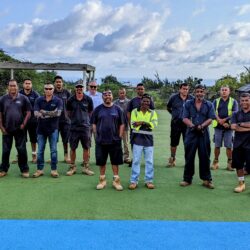
-
Ascension Members of the AIG team relaid school playground
-
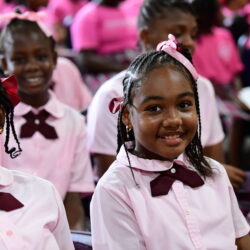
-
BVI – Children all smiles
-
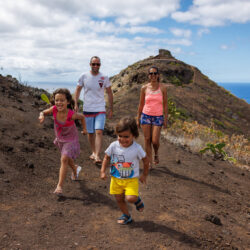
-
Family in St Helena Island
(Photo Credit: Mathias Falcone)
-
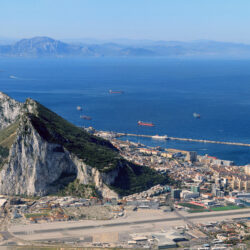
-
Gibraltar – Panoramic view of the Rock and the Straits of Gibraltar
-
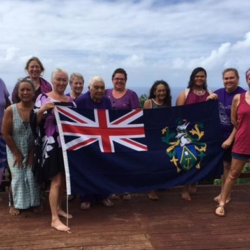
-
People of Pitcairn
-
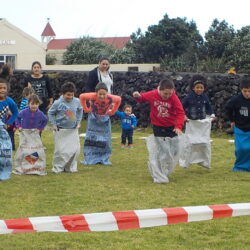
-
People Tristan da Cunha
-
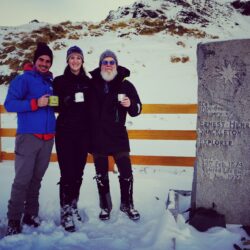
-
Shackleton’s Grave in South Georgia
(Photo Credit: Steve Winn)
-
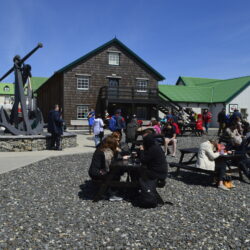
-
Visitors to the Historic Dockyard Museum
(Photo Credit: FIMNT)
